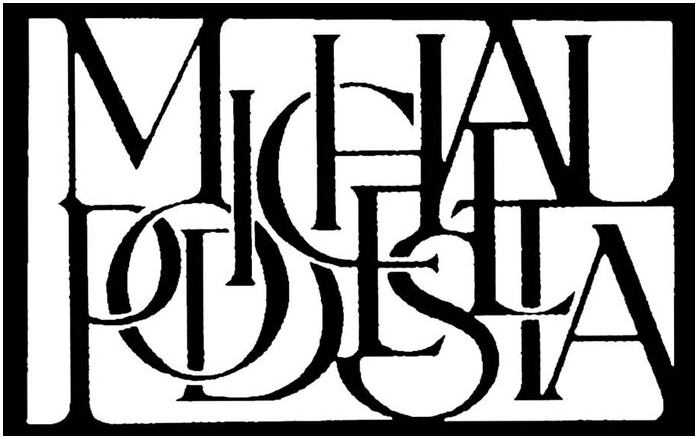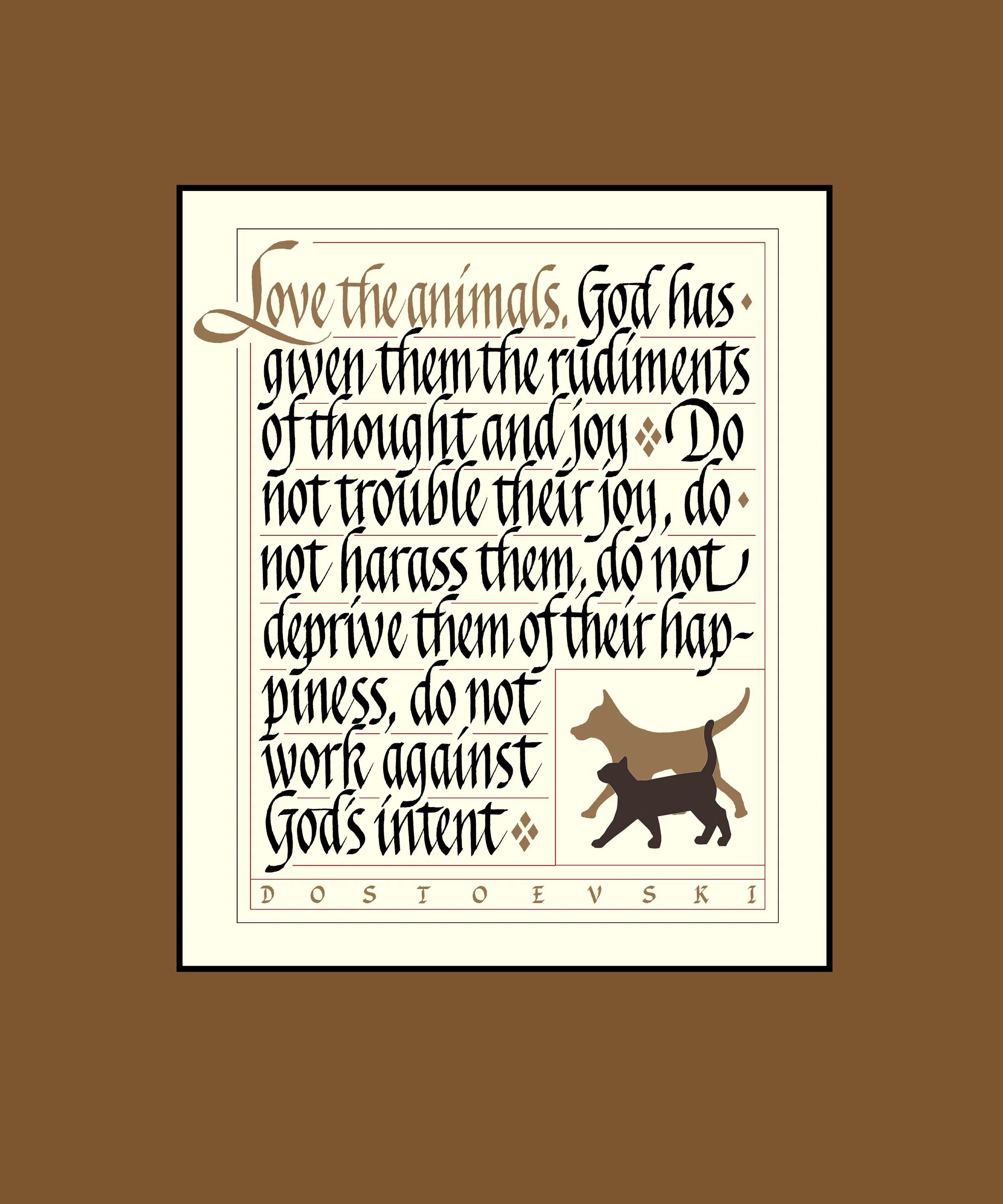Christ Is
In Luke 9:58 a man approaches Jesus, saying “Master, I will follow you wherever you go.”
Jesus answers something like this, “Are you sure? Think about it. Even foxes have dens, birds have their nests, but the son of man has nowhere to lay his head.” The Living Bible says “... no earthly home at all.”
Christ’s life, as we know, was one of daily service and sacrifice. But this particular sacrifice he is expressing here seems, to me, profoundly touching, enough to make me want to say, “Well, why don’t you come and stay with us. You’re more than welcome.” And, no doubt, He would say something like, “Are you sure?”
Michael Podesta
Animal Prayer
Years ago I saw a movie about St. Francis of Assisi. One scene in particular remains fresh in my memory. Francis is in bed where he has lain sick for many days. He revives a little and, though still weak is able to walk. He crosses the room and steps onto a balcony. The sun is shining. The sky is blue. He looks up and sees a lark gliding by. As if beckoning, he raises his hand. The lark circles, descends and comes to him.
The image of the bird perched peacefully on the man’s extended forefinger is touching and miraculous. But it seems to me something else as well. I see this image as a bridge across the great gulf – a gulf as old, I suppose, as The Fall; filled with fear and mistrust. It is the gulf that separates us from the creatures of the natural world.
In the wild (in Eden, presumably, there was no “wild”) the graceful deer bolts across the meadow as we approach. The nervous squirrel dashes up the nearest tree. Even the butterfly makes her erratic departure when we get too near. “Wait. Don’t be afraid,” something in us wants to say, “we won’t hurt you.” But the animals know different.
So, it is encouraging to find exceptions to this state of fear and mistrust. Here is one:
Jesus making his entry into Jerusalem on a colt that has never been ridden before. Under normal circumstances this would be a risky activity. (As a boy I lived on a ranch; rode horses; “broke” one; hit the ground often.) But God on horseback is hardly a normal circumstance. In this encounter between creature and Creator, the animal – perhaps for the first time in his life – did not panic, did not shy away from the human touch. He was at peace.
Another more immediate example is the ideal – and often actual – relationship between dog and human.
When my son brings his dog Lou to our shop, and she runs up and nuzzles my hand, wanting to be acknowledged, wanting to be patted, I sense her greeting me, I sense our relationship, and am always grateful for it, always glad.
When God created the animals and put them in Adam’s care, I imagine it was something like this He had in mind.
—Michael
Alleluia
The Hebrew word hallel means “praise”, and Yah or Jah is shorthand for “Jehovah,” the Lord. So, “Alleluia” is derived from “Praise the Lord”. In the book of Revelation, a heavenly multitude shouts, “Alleluia! For the Lord God Omnipotent reigns! Let us be glad and rejoice and give Him glory.” We use the word as an exclamation of praise, joy, thanks.
Hearing its overwhelming repetition in the choruses of Handel’s Messiah is probably one of the reasons I see it that way, too.
Michael Podesta



